Paradiso Canto 23
OVERVIEW
Alessandro Andreini is a professor with the Gonzaga in Florence program.
Questions for Reflection
- Why would Dante begin this canto—which takes place close to the boundaries of the created cosmos—with such decidedly rustic and folk images (1-12)? What is Dante trying to say with this juxtaposition of an epic spiritual setting with very ordinary and humble imagery
- How does Dante praise Mary? How might his praise of Mary be a fulfillment of his earlier love poetry? Similarly, how does Dante see Beatrice in this canto? How does his vision of her show us about how heaven transfigures us?
- What does Dante mean when he says his desire finds satisfaction in hope (23.14-15)? How can hope be fulfilling? From where does Christian hope spring? How does this help us better understand Mary, Lucy, and Beatrice’s heavenly intercession in the dark wood of Inferno 1 and 2?
- Why can Dante only bear Beatrice’s smile after he has beheld Christ (23.46-48)? How does Christ not only allow us to see God more truly but to see each other more truly?
- Why would Dante have the Church triumphant use such maternal language when speaking of her (23.121ff)? How does Dante seem to understand the Church’s relationship to Mary?
DETAILS
- Dr. Alessandro Andreini
- Gonzaga University
- Run Time 16:33








